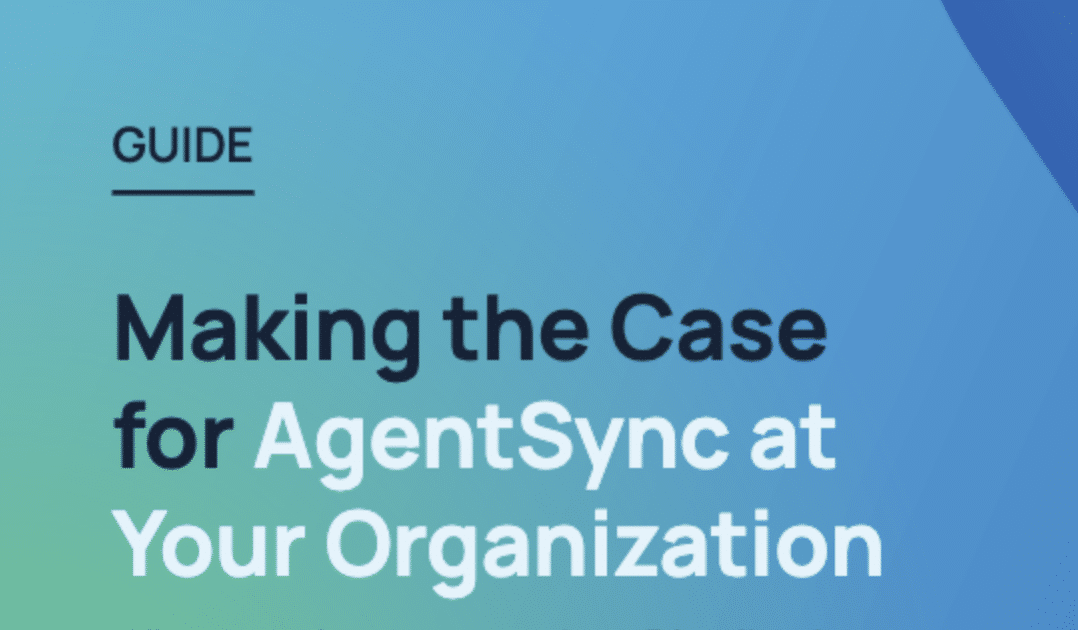

California often handles things differently from other states, and continuing education (CE) requirements for licensed insurance producers are no exception. If you hold a resident license in California, keeping your license in good standing (including your CE) is key to keeping your license in every state, so read on to understand some of the unique aspects of California’s CE requirements.
We believe that the following information is accurate, but we advise readers to do their own diligence to understand the specific laws and regulations that pertain to their unique circumstances in every state of operation.
Who is California Insurance CE for?
California says those with nonresident insurance licenses generally don’t have to worry about California-specific CE as long as they are compliant with the CE requirements of their resident state. However, anyone working as an insurance adjuster in California must pass state-specific CE, which isn’t part of the state reciprocity.
If you’re 70 years old or older and have continuously kept your license in good standing for 30 years or more, California doesn’t require you to take CE to renew your life or fire and casualty license. That said, you will still need to satisfy the California long-term care requirements as well as any annuity product CE.
However, if you’re younger than 70 and licensed as a resident California insurance producer, read on.
What is the due date for California Insurance CE Credits?
While many states use your birthdate as the primary point of reference for license renewals and CE deadlines, California instead goes by your license anniversary. Your license renewal and your CE requirement deadline are every two years by the last day of the month your license was first issued. Happy California insurance license anniversary!
If you hold more than one line of authority, all lines’ renewals are based off that first license anniversary. However, California makes an exception (because of course they do) for personal lines, which renew December 31 biennially.
California sends you an electronic reminder that your CE requirements are due 90 days before the end of your biennial renewal period.
The California state insurance website does include a suggestion that you get your CE knocked out at least two months before your license expires. That way you can be sure your course provider has submitted your CE hours to the California Department of Insurance, as well as giving the state time to update all your records. Otherwise, your license renewal could be delayed.
How many hours of CE are required for California insurance producers?
Generally, if you’re an insurance producer in California, you must take 24 hours of CE courses within each full biennial renewal cycle. Three of the hours must be in the subject of ethics, and your other hours must pertain to your specific license type. Limited lines auto insurance agents must complete only 20 hours of CE.
If you hold multiple lines of insurance, you still only have to take 24 hours of CE courses total, with three hours of ethics. Courses may not be given for partial credit. You can’t take the same CE course more than once in a given renewal period, but California does allow you to carry non-ethics CE credits over to the next renewal cycle if you earned excess credits.
You can earn dual-credit CE while also pursuing additional professional designations such as those provided by the College for Financial Planning, and California spells out some of the programs they will accept for insurance credit:
- Up to 30 hours of the Life Underwriter Training Council Fellow program for the life-only license and the accident and health license.
- Up to 30 hours of the Chartered Life Underwriter curriculum for the life-only license and the accident and health license.
- Up to 25 hours of the Accredited Advisor in Insurance program for the fire casualty broker-agent license.
- Up to 30 hours of the Chartered Property Casualty Underwriter program for the fire casualty broker-agent license.
- Up to 25 hours of the Certified Insurance Counselor program for the life-only or accident health agent license and the fire casualty broker-agent license.
- Up to 25 hours of the Certified Employee Benefit Specialists program for the life-only license and the accident and health license.
- Up to 30 hours of the Chartered Financial Consultant program for the life-only license.
- Up to 30 hours of the Certified Financial Planner program for the life-only license.
- Up to 30 hours of the Fellow, Life Management Institute program for the life-only license and the accident and health license.
- Up to 25 hours of the Health Insurance Associate program for the accident and health license.
- Up to 30 hours of the Registered Employee Benefits Consultant program for the accident and health license.
- Up to 30 hours of the Registered Health Underwriter program for the accident and health license.
- Up to 30 hours of the Associate in Risk Management program for the fire casualty broker-agent license.
The state of California accepts CE taken via a correspondence course, company seminars, in a traditional classroom setting, computer-based training such as via CDs, or online methods. California is a reciprocal state, agreeing to the NAIC Continuing Education Reciprocity process, meaning California producers have a broad catalogue of national courses to choose from when pursuing CE credit.
California also has a few other specific requirements for different lines of authority:
- If you have a life insurance license and plan to sell annuities, the state requires that you must take a one-time eight-hour class, and four hours of annuity CE for each renewal period after. The state also stipulates that this is a California-specific annuity course, and will not accept other states’s similar courses as a stand-in.
- If you hold a property/casualty license and sell homeowners insurance, California requires that you take a one-time state-approved course covering home valuations before you transact any business.
- If you are licensed to sell flood insurance, you of course must have three CE hours of the training requirements established by the Federal Emergency Management Agency’s National Flood Insurance Program, as well.
- If you are licensed in California to sell long-term care insurance (LTCI), your initial certification will require an eight-hour training course and ongoing CE of four hours specific to LTCI every renewal cycle.
For more information about state-specific licensing requirements, or to find out how AgentSync can make it easier to operate across multiple states, check out our state pages.
California Insurance CE FAQs
How do I renew my expired California insurance license?
If you miss renewing your license by the end of your biennial license anniversary month, you have a year in which to apply for reinstatement under your original license (as well as paying a 50 percent late fee). Until your license is reinstated, you can’t transact any insurance business.

